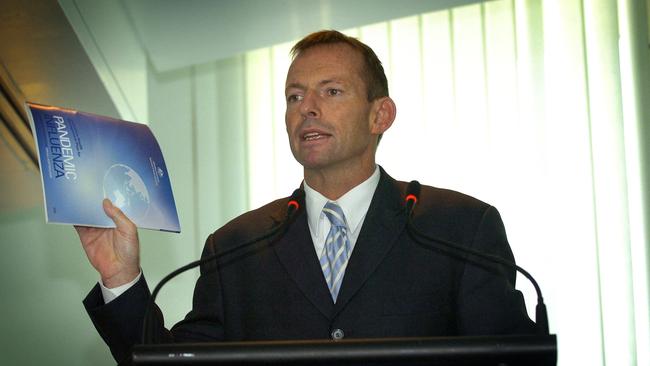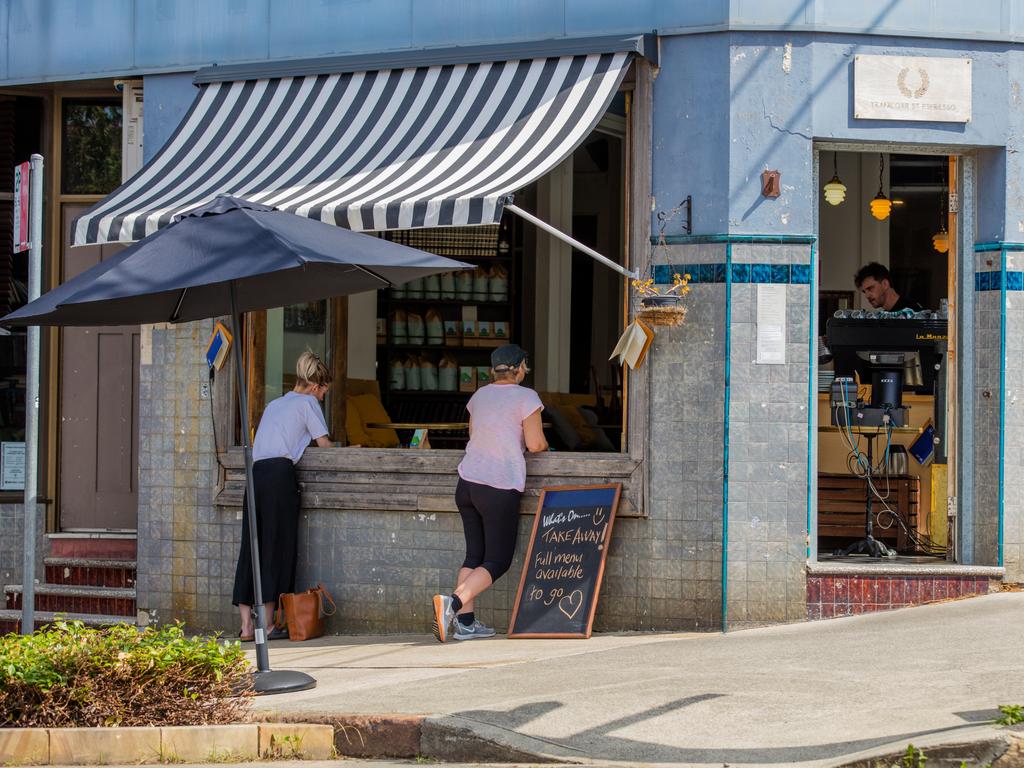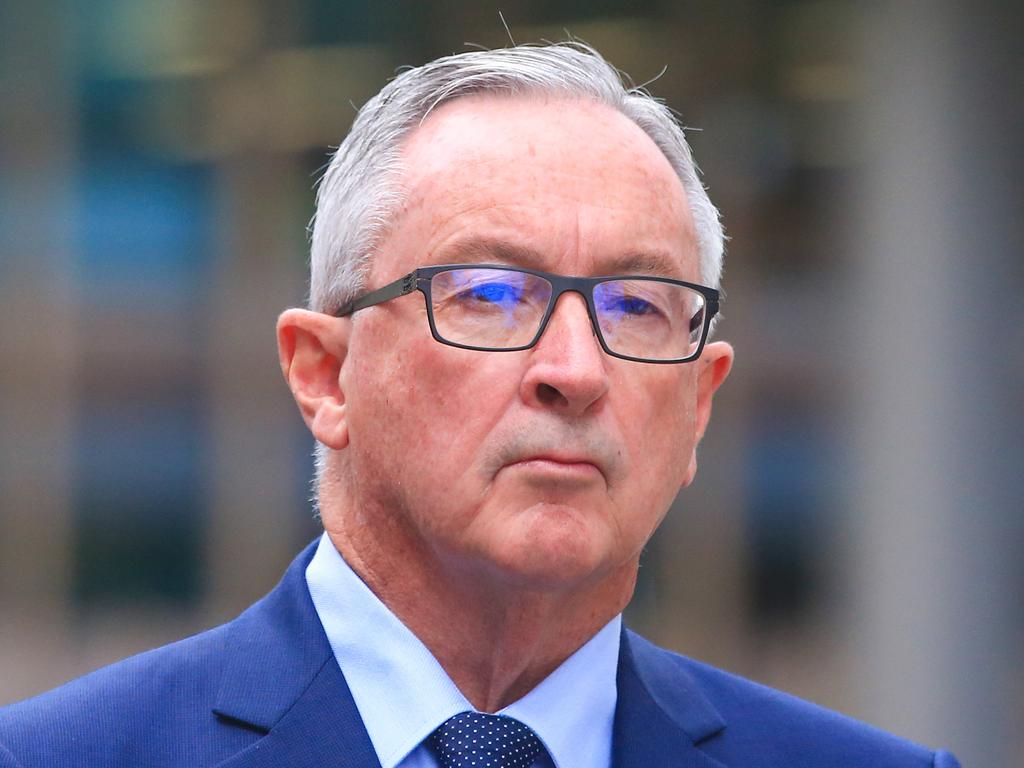
“When you are living through unprecedented events, one cannot blame people for not having expected them.”
Yet few surprises were more predictable. Indeed, beginning with the H5N1 avian influenza in 1997, France’s public health planners had started preparing for pandemics whose severity would test the country’s health system to its limits. As a prescient government report explained in 2005, it was almost certain France would, at least once in the two subsequent decades, be struck by a highly infectious virus for which there was neither a cure nor a vaccine.
Faced with an escalating contagion it could not contain, the country’s health system would be paralysed by scarcities of staff and materials, forcing the government to trigger a prolonged economic and social shutdown whose costs would stymie growth and shred an already tattered social fabric.
Given those risks, the only sensible option was to increase surge capacity at every bottleneck point, making it possible to rapidly scale up the system’s ability to identify, isolate and treat victims.
At the same time, despite the disruption they could cause, large scale war-gaming exercises needed to be carried out regularly to ensure that seemingly watertight plans for dealing with a pandemic were operationally effective.
Those warnings echoed when the H1N1 swine flu influenza appeared in April 2009. With many of the report’s recommendations still being implemented, Nicolas Sarkozy’s new health minister, Roselyne Bachelot, drastically escalated the country’s preparedness, including by ensuring its stockpiles of vital supplies could sustain a pandemic lasting a year or more.
As things turned out, the crisis didn’t eventuate. But rarely has a country paid a higher price for dodging a bullet.
A pharmacist who was not a graduate of France’s elite training institutions, Bachelot was pilloried for having overreacted, and narrowly missed formal censure for misusing public funds.
After she was shuffled aside, her successors did everything they could to avoid ending as she had. Adopting a just-in-time approach to preparedness, the stockpile was run down, and then dispersed. “Live fire” tests of system resilience were abandoned.
Yes, elaborate plans were put in place, as were bureaucracies tasked with their implementation; but like TS Eliot’s “hollow men”, they were a “Paralysed force”, trapped “sightless, between the motion and the act”.
The consequences, once COVID-19 struck, were sudden, concentrated and dramatically visible. The failings, however, had been ongoing, diffuse and hard to detect. Nor were they France’s alone. Belgium, whose COVID-19 death rate is by far Europe’s highest, was even more poorly prepared, having destroyed its decaying national stockpile of protective equipment in 2017 and 2018.
Italy should, in theory, have been well placed. In practice, its pandemic plans were mainly ignored and, in any event, like France’s, the UK’s and Spain’s, didn’t adequately cover the aged-care homes that the disease decimated.
Even the Scandinavian countries were far from ready, as reforms that shifted stockpiling responsibility to local health authorities weakened national co-ordination.
Just how satisfactorily our own system has performed, history will judge. But if we entered the crisis on a stronger footing than most, much of the credit must go to Tony Abbott. No health minister in Australian history has put greater emphasis on increasing the country’s ability to cope with a pandemic.
It is true that by the time he became health minister in 2003, the initial steps had been taken, beginning with the formation of the National Influenza Pandemic Action Committee in 1999. We were, however, starting from an extraordinarily low base.
Although the need to contain infectious diseases had underpinned the decision to establish the commonwealth Department of Health in 1921, successive governments had convinced themselves that quarantine and vaccination sufficed to protect Australians from viruses originating overseas.
By 1977, a review could confidently assert that despite sustained growth in international trade and travel, “the disease threat to people has reduced to almost insignificant proportions”.
HIV-AIDS, Creutzfeldt-Jakob disease and the H5N1 virus shattered that illusion. However, it was only under Abbott that a viable national system was developed, encompassing a greatly expanded stockpile of medical supplies, the first systematic testing of national pandemic preparedness and an enhanced capacity to procure vaccines and antivirals.
Convinced that “responsible governments have no option but to take reasonable, practical and proportionate precautions against all credible threats, even at the risk, in hindsight, of seeming to have overreacted”, Abbott stared down criticism from all sides of politics.
But, while the legacy of those initiatives persisted, the commitment to preparedness waned as the threat of pandemics seemed to recede.
The last serious national “war-gaming” of our health system’s preparedness occurred in 2008. Yes, the H1N1 pandemic, which was ably managed by Nicola Roxon, acted as a test ground; but by 2020, many of the critical weaknesses it highlighted — such as the dangers posed by cruise ships, the difficulties involved in deciding on school closures and the need to have clear processes for de-escalating the public health response as the risks diminished — had faded out of sight and mind.
That, as GK Chesterton suggested, may be in the nature of human affairs: we forget, and forget that we have forgotten. But viruses won’t stop emerging, nor will the tendency of authoritarian regimes to suppress news of outbreaks. And more often than not, the adequate forewarning we crave will not arrive.
Meanwhile, burdened by fiscal deficits, Australian governments will always choose the urgent over the important. Sooner or later, confident that we can manage the contingencies we know, and having dismissed as improbable those that are unfamiliar, we will sleepwalk into the next devastating surprise.
But before that is allowed to occur, Tony Abbott’s words of 15 years ago should be seared into the nation’s collective memory.
“If it happens,” he wrote, “a serious pandemic will test Australians’ character in ways unknown for half a century. Keeping troubles in perspective, acknowledging that much won’t work out as planned, facing the prospect of untimely death, have not normally been required of modern Australians. Under such circumstances, to maintain the optimism and generosity of spirit that characterises Australians at their best would be a formidable challenge. Perhaps we will be spared this cup of suffering. Perhaps the contemplation of epic disasters might help Australians deal better with everyday problems. Almost certainly, preparing thoroughly for disasters which don’t eventuate will help prepare for those which do.”








“No one could have foreseen five or 10 years ago the situation we face,” Emmanuel Macron declared in early March, as he sought to explain the shortages of personal protective equipment and respirators that had plunged France into a devastating crisis.